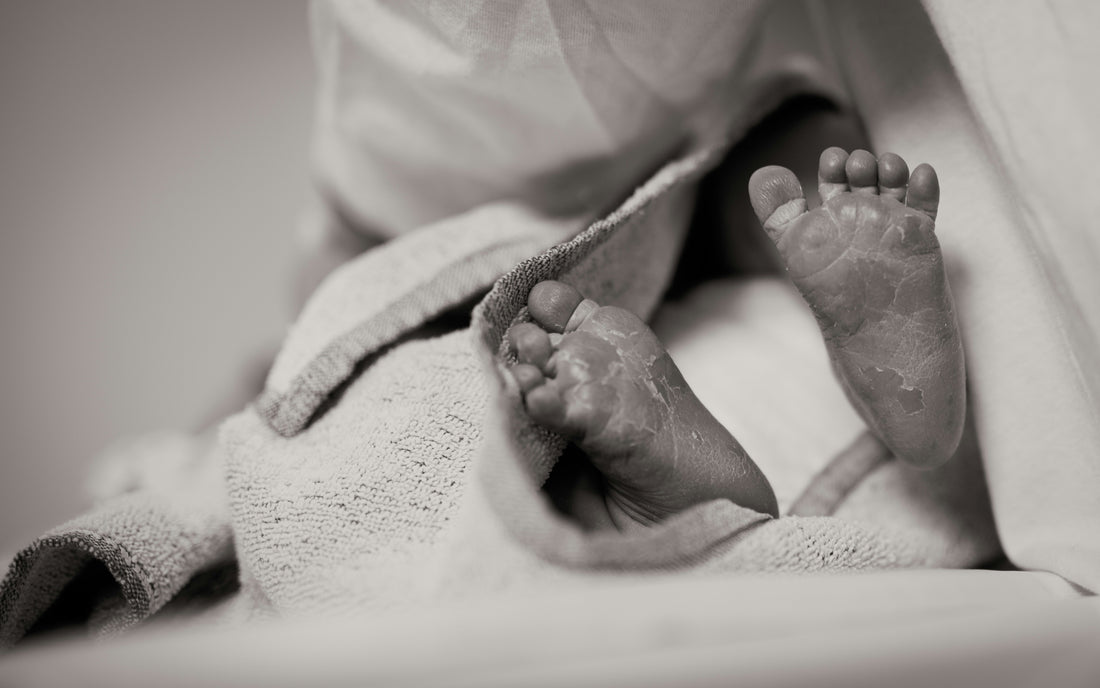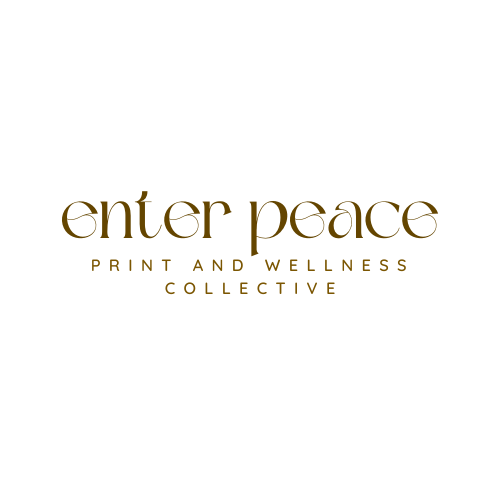
A New Beginning
Share
When my son was born I was awestruck and overwhelmed by his physical existence. His small body, his tiny lips, his reaching fingers and hands were delicate yet strong, determined but without full control. As he grew, his muscles strengthened, his limbs became more controlled, his cries became more deliberate. Soon, he was toddling around the house babbling, laughing, squealing, crying, gesturing, and snuggling. He deeply watched the world around him. It felt as if we were in a magical place--a place squeezed between awareness and language. An ethereal, misty place where the world was just coming into a sharper view, his mind is somersaulting to make sense of the sounds and words in his world; his mind inspiring his body-- his tongue, his voice, his mouth-- to communicate these words to his social world; his body–his sense of touch, sense of smell, sense of taste–inspiring his mind to make new neural connections.
My son’s body entered the world before his emotions, his thoughts, and metacognitive abilities developed. Really, all of life--plants, animals, and humans alike--develop and grow their bodies before they consciously experience the emotional and thought worlds. With this in mind, one can observe how life and consciousness move in a cyclical pattern: beginning with the body, moving to the mind, then to analyzing the mind, and finally uniting this new awareness back in the body. In this final stage, there is total integration between one’s mind and their body; neither the mind nor body is regarded as more important because they are of the same matter and purpose.
However, the experience of the mind and analyzing the mind is where much of our Western society has invested itself throughout the past few hundred years. Plato, a pillar of Western thinking and culture, ascribed to this dualism between the mind and body, teaching that the mind (or soul) is of more importance than the body. He claimed that one should ignore the body to pursue a higher truth; this has not only caused great harm to individual bodies but also relies on an outdated assumption that there is only one truth and one ideal body. Roughly 1200 years later, inaugurating modernity, philosopher Rene Descartes ascribed to a similar dualism: the mind is higher than the body and the body can be trained to avoid feeling. Essentially, everything belongs to the material world, and one can learn to ascend this by controlling their bodily and material surroundings. Foundational institutions of western culture (the norms, practices, values, and more) were created out of this belief and way of understanding the world.
Although science and spirituality are increasingly highlighting the mind-body connection, many American institutions (namely, traditional schools) still operate out of the belief that the mind is more important or better than the body. Of course, many teachers don't personally believe this, but the values and norms of the system make practices that come out of the mind-body hierarchy most easy, accessible, and comfortable. For example, consider practices like rewarding physical stillness over movement, prioritizing academic performance over creative activity, emphasizing standardized testing, designing classrooms that discourage movement, cutting arts and physical education programs, treating lunch and recess as secondary, focusing health education on information rather than practice, and so much more.
In fact, we could see this as a contemporary colonizer’s consciousness; this is to say one sees themselves as separate from the world around them and is therefore willing to objectify, control, and hurt (in a micro or macro way) the earth and beings around them using tactics of fear and scarcity. In the same way that this stage of consciousness hides the reality that a person's whole self and all other living beings are interconnected, it also hides the reality that one’s mind and body are interconnected.
After 30 years of participating in this system as a student and as a teacher, my natural connection between my mind and body felt disintegrated and hierarchical instead of symbiotic. The chronic stress and anxiety that I felt due to this imbalance was my body’s way of communicating that something needed to be healed.
For my own healing journey, I needed guides. I still do. I needed others to help me understand my own and inherited reactions, beliefs, patterns, habits, and self. And on this healing and growth journey, I discovered that many of the wounds that I needed to heal were not just present in me; they were constantly reinforced by the culture of the school system that I was a part of.
Life rafts from graduate school professors, healers, spiritual wisdom holders, writers, and community members not only kept me afloat but have helped me connect with my inner wisdom, care for myself, and hold space for students to grow into their full humanity.
While healing does invite much individual reflection and action, I have found that healing, growing, and creating are collaborative experiences. As I continue to reflect, heal, create, and grow, I am excited to connect with you on this journey.
If this sounds like where you are in your journey too, stick around and let's grow together.
